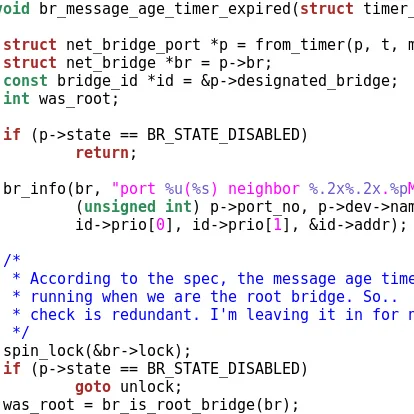Haiku OS Ported To 64-bit, Picks Up OpenJDK Support

Alex Smith, a student developer involved with Google's Summer of Code, took up the challenge of porting the 32-bit Haiku to 64-bit. He was successful and got kernel and user-space components working in the x86_64 mode.
This morning he's written his final progress report concerning the GSoC project. "Since the three-quarter term report, I have continued porting userland servers and apps. The app server is fully functional, as are Deskbar and Tracker and a few other apps. I also cross-compiled all of the basic development optional packages (GCC/Binutils, autotools, make, etc.) for x86_64."
Haiku x86_64 is just like a normal Haiku desktop, but that many of the apps and drivers have yet to be ported -- most of the time the 'porting' process just comes down to fixing a few compilation fixes.
All that's left to do is just continuing the app/driver porting. The student developer is hoping that the 64-bit support will be merged to the main Haiku OS repository following their upcoming Alpha 4 release. At that point he's hoping others will help out too in continuing the 64-bit enablement.
Aside from the 64-bit Haiku OS, also worked on through the 2012 GSoC was a Haiku cpuidle driver, a successful port of OpenJDK to Haiku, and an NFSv4 client. All of this work seems to be a large success. The OpenJDK port seems to be in good standing and the cpuidle driver is dropping the power consumption of a Lenovo T420 laptop by about 2.5 Watts while running the BeOS-compatible OS.
19 Comments

